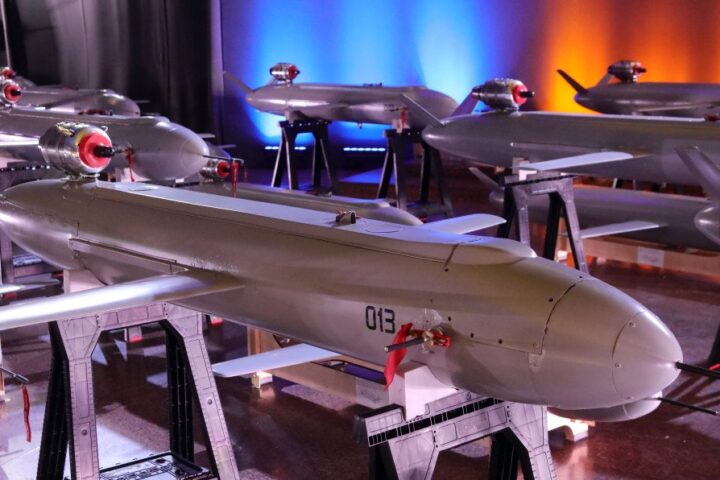On October 2, 2025, a major investigation by Gazeta Wyborcza revealed a plot by Russian military intelligence (GRU) to execute coordinated terror attacks in Europe. Authorities allege operatives concealed explosives inside ordinary-looking canned goods buried at cemeteries in Lithuania and Poland. These devices were reportedly intended to be affixed to drones for strikes in Lithuania, Poland, and Germany.
Arrest exposes cross-border sabotage network
Polish internal security agency (ABW) detained an agent tasked with planting explosive devices near Łódź. Investigators found that the suspect received instructions via encrypted Telegram messages and payments in cryptocurrency. Similar concealed explosives were later discovered in Lithuanian cemeteries. Officials say the operative transported drone components and SIM cards between Lithuania, Poland, and Germany, suggesting a coordinated multi-country operation. If convicted, the suspect faces life imprisonment. Polish prosecutors aim to conclude the investigation by year’s end.
German leadership warns of sustained hybrid threats
On September 26, 2025, German Chancellor Friedrich Merz stated that Germany “is not at war but no longer at peace” due to escalating hybrid threats from Russia. He cited “drone flights, espionage, targeted assassinations, mass threats, sabotage, and cyberattacks” as part of Moscow’s evolving strategy to destabilize Europe. This aligns with recent NATO statements declaring Russia a primary security threat alongside international terrorism, confirmed at the alliance’s June summit in The Hague.
Poland and NATO respond with legislative and defensive measures
In reaction to the growing hybrid warfare threat, Poland is drafting legislation allowing interception of Russian drones over Ukraine without NATO approval. NATO has launched the “Eastern Sentry” mission to patrol its eastern flank. Meanwhile, the EU is increasing investments in cybersecurity and counter-drone systems and discussing a “drone shield” along the Russian border. These steps mark a significant shift in NATO and EU strategy, integrating hybrid threat mitigation into their core security framework.
Strategic implications for European stability
Experts warn Russia’s hybrid warfare campaign is designed to fracture Western unity, weaken public trust in NATO and the EU, and enhance Moscow’s geopolitical influence in Europe. This incident underscores the deepening complexity of security threats facing NATO members. The unfolding case will test Europe’s resilience and capacity to counter hybrid tactics while maintaining democratic transparency and rule of law.














